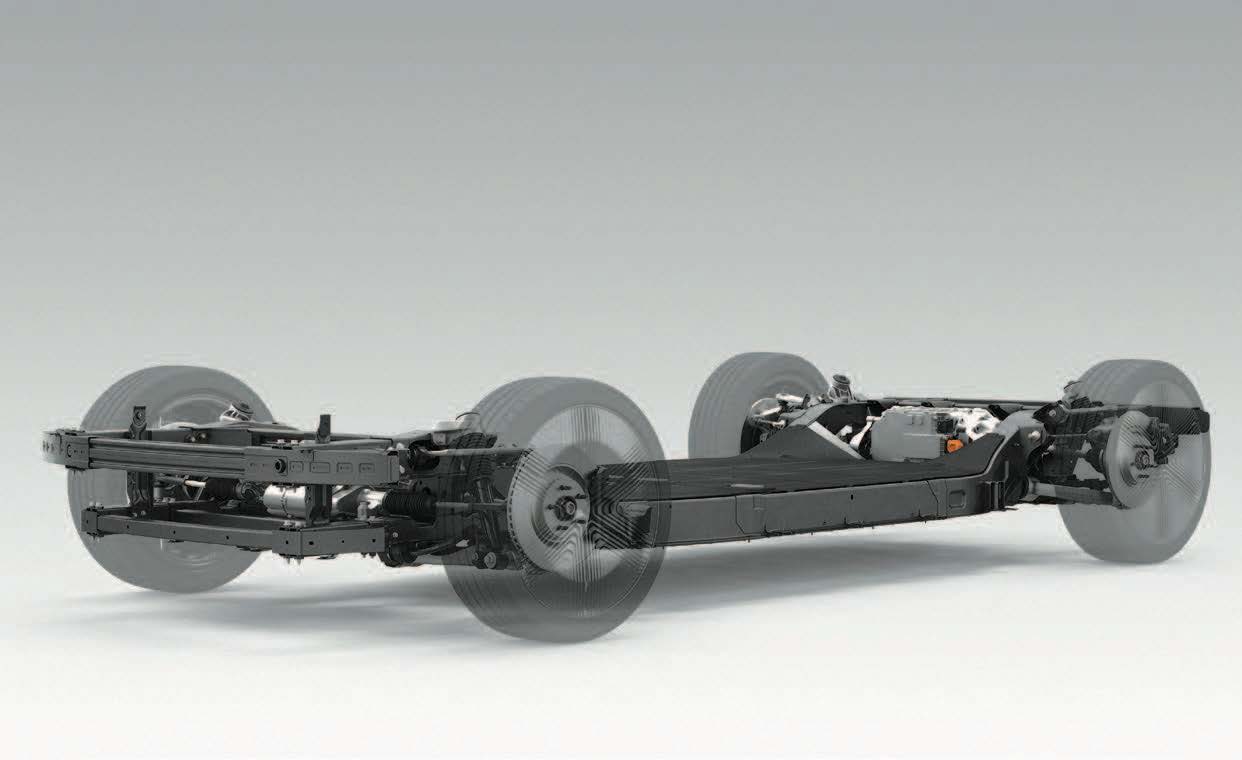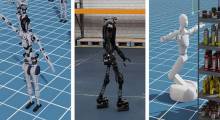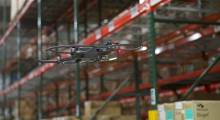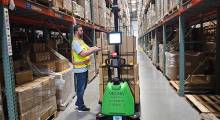Driven by the preferences of a younger generation, consumers are leading the push for more personalized products, putting pressure on design teams to deliver the goods while maintaining speed and flexibility in their engineering processes.
Dassault Systèmes, in partnership with CITE Research, recently published the results of its CES 2020 survey on personalization, canvassing 3,000 consumers in the United States, China, and France to inquire about trends in personalization across the healthcare, mobility, and retail segments as well as home and city environments. The findings revealed a growing desire among consumers for personalization in products—a quarter of respondents, on average, confirmed they were willing to pay more for goods tailored to their specific needs. Yet consumers do expect something in exchange for their personalization data—specifically, an average 25.6% savings.
There’s more: While consumers are definitely willing to shell out the big bucks, they have no interest in any extra wait time to get their hands on customized goods. The survey found that the majority (83%) expect customized product deliverables in a matter of moments or minutes. Only 21% of those surveyed said they would wait four days or more for delivery of a personal product, and 20% aren’t willing to wait any extra time at all for personalized items to come their way.
Consumers’ increasing demand for personalization capabilities, coupled with their refusal to incur any extra wait time for delivery, sets up a major design challenge for engineers. “Demand for personalization requires a product design process that’s more nimble and responsive to consumer needs,” explains Olivier Sappin, CEO, CATIA, at Dassault Systèmes. “To keep up with consumer expectations, a business needs to produce and deliver personalized products with almost the same speed as an item `off the rack.’”
Canoo, an electronic vehicle startup, is one Dassault Systèmes customer leaning on the 3DEXPERIENCE platform to create a nimble design process tuned for personalization. The company has architected its business model to cater to users who want customized transportation options. To do so, Canoo built a modular “skateboard,” which serves as a universal vehicle underbody upon which many different vehicle “cabins” can sit. The vehicle chassis, which functions as a blank canvas, will allow its customers to build any transportation experience on top. “It could be a food truck, a rolling pop-up retail store, or a mobile medical center,” Sappin explains. “By selling the mechanical foundation of an electric vehicle, Canoo is enabling other vehicle manufacturers to meet the personalization demands of their end users.”
To effectively deliver personalized products, companies like Canoo and others need to embrace new technologies and skill sets to up their product development game. Competency in Internet of Things (IoT) capabilities as it relates to design (for example, knowledge of how to properly sensor products as well as data management expertise) is critical as is experience with additive manufacturing, which can provide a clear advantage for producing short runs of customized products. “Businesses will need to invest in the composite materials to meet their item requirements and the 3D printing infrastructure needed to produce custom items at the desired production scale,” Sappin says.

The 3DEXPERIENCE platform also delivers capabilities that foster personalization in product design, he adds. The platform’s extensive simulation capabilities, including the ability to explore electromagnetic interference created by web-enabled sensors, is critical for design exploration before a physical prototype is built. The platform’s data management and analysis capabilities allow product teams to uncover insights from a vast repository of user-provided data, which aids in design, and support for the digital thread ensures data is connected from initial design to final manufacturing and packaging.
“One change made by one team ripples through the entire organization, and that change is immediately reflected within the data and designs used by all teams,” Sappin explains.
To hear more about Canoo’s development effort and new personalization-based business model, watch this video.
About the Author
Follow Robotics 24/7 on Linkedin
Article topics
Email Sign Up
















